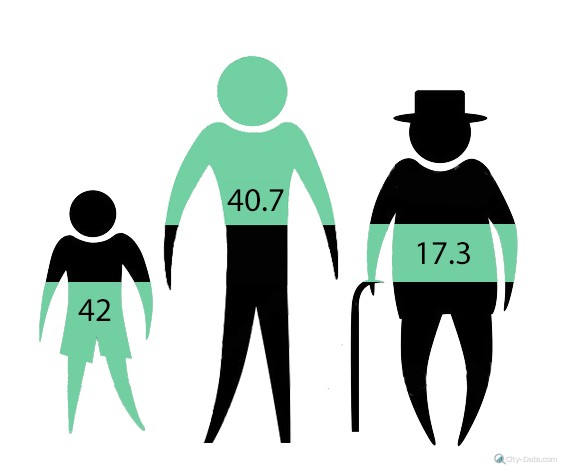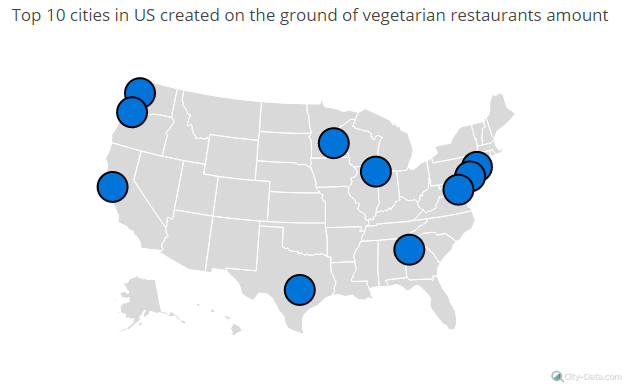Pavel Prikhodko, Ph.D. Machine Learning
America can be called the home of many different diets, including the modern version of vegetarianism. Against the background of the huge healthy living trend, American news magazines declared 2014 “the year of vegan” — and yes, vegetarianism is now more popular than ever, but has it always been this way?
First, let’s clear up the difference between vegans and vegetarians. A vegetarian diet excludes meat and fish, while a vegan diet excludes any food derived from animals, including eggs, dairy and honey, among other foods. Now, a few words about the history of vegetarianism in the United States.
In the middle of the 20th century, meat consumption dramatically increased, which was connected with the side effects of the industrial revolution — meat became cheaper and more easily storable. Vegetarianism was not common in the U.S. before 1971, when the book “Diet for a Small Planet” was written by Frances Moore Lappe. Later in the 70s, Vegetarian Times Magazine was created. Since then, vegetarianism was never forgotten, but a new step in its popularity was made in the 1990s when John McDougall published his program, where he recommended a vegan diet as a way of treating most major illnesses. At nearly the same time, the American Dietetic Association started supporting vegetarian diets. Now the popularity of vegetarianism is at its peak; it’s accepted by medical authorities and the general public.
So who are American vegetarians today? You can find more vegetarians among single people — 8 percent of singles are vegetarian, compared to 5 percent of married people. Most of them are women: 59 percent of vegetarians are female, and 41 percent are male. By the year 2013, 7.5 million Americans were vegetarians, and 1 million were vegans.

When asked about their reasons for consuming a vegetarian diet, 54 percent of Americans named animal welfare, 53 percent named overall health improvement and 47 percent named environmental concern. Most vegetarians (42 percent) were people from 18 to 35 years old. A few less (40.7 percent) were people between 35 and 54 years old, while only 17.4 percent of vegetarians were over 55 years old.

According to the survey, most of the respondents (57 percent) had been following a vegetarian diet for over 10 years. A top list of vegetarian American cities was created based on the number of vegetarian restaurants. Portland, Seattle and San Francisco took the first three places. Surprisingly, New York only took fourth place.

About Pavel Prikhodko
Pavel Prikhodko, Ph.D. Machine Learning
Pavel has worked for many years as a researcher and developer on a wide range of applications (varying from mechanics and manufacturing to social data, finance and advertising), building predictive systems and trying to find stories that data can tell.
In his free time, he enjoys being with his family.
Other posts by Pavel Prikhodko:

City-data is the first website I’ve seen that doesn’t care about standard practices of integrity or accuracy in reporting statistics. When a writer doesn’t cite his source of statistics, it makes those statistics unreliable or doubtful. The reader doesn’t know if it was the Census Bureau or the writer himself who took the poll. Was it a sampling of 50million people? Or 50 people? Was it a guesstimate made by the writer himself? Probably not, but without citing a source, no one really knows.
Enjoyed your post as my son and his girlfriend are now vegans
and I’ve seen a major improvement in his health and even his app-
erance.